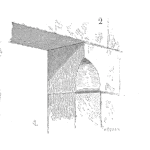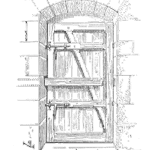
How to Prepare for the ASQ CRE Exam
You have signed up to sit for the CRE exam.
You have the education and experience. Then, you look at the CRE body of knowledge—the breadth of statistics, the range of tools, the plethora of concepts.
You need to review the material. Where do you start?















 Ask a question or send along a comment.
Please login to view and use the contact form.
Ask a question or send along a comment.
Please login to view and use the contact form.